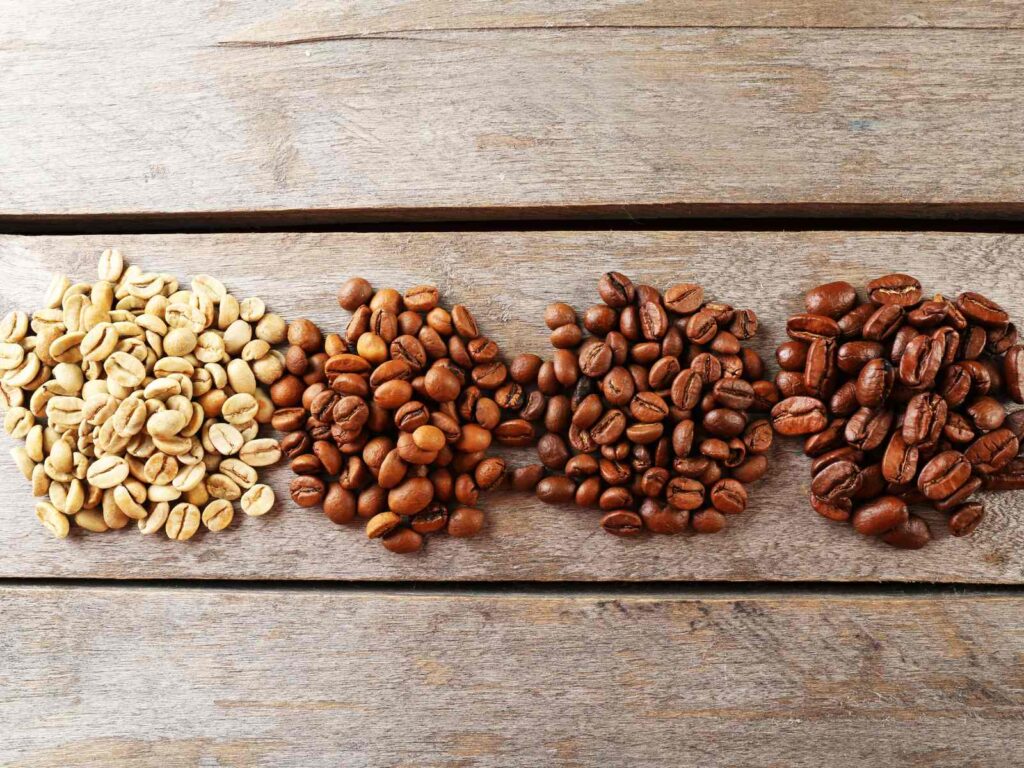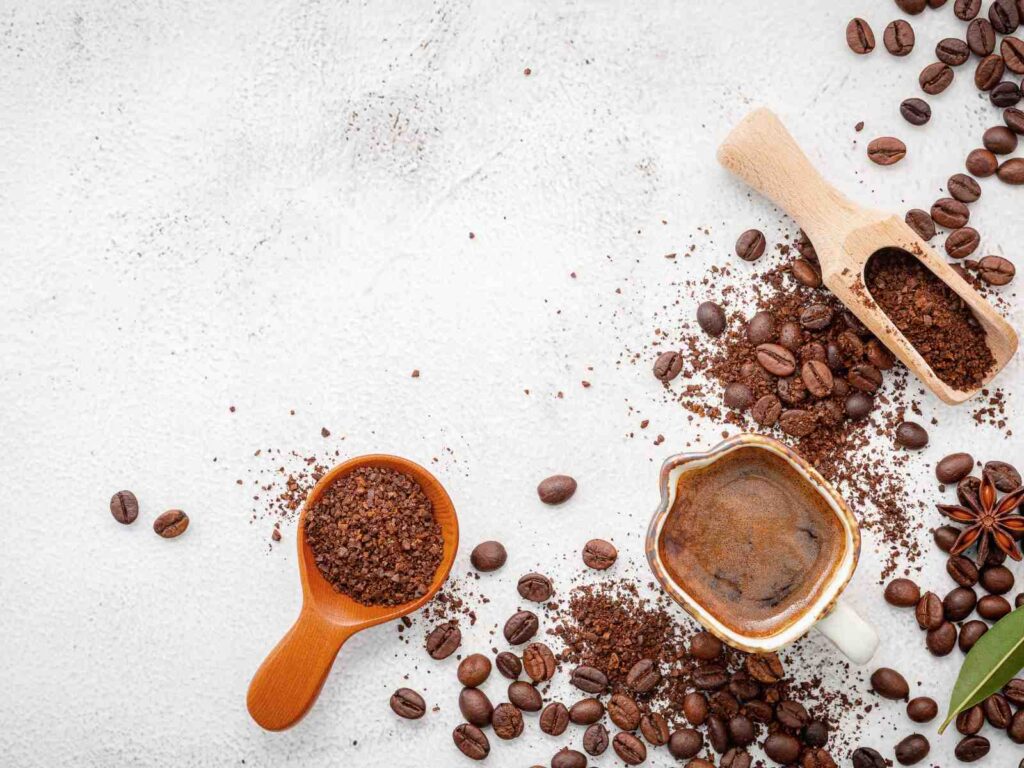Taking the first cup of coffee in the day feels like a tasteful massage in heaven. It is the finest part of waking up, as one company that sells coffee in a can long ago discovered. Purchasing coffee beans used to be easy. After making your way down the aisle, you picked up your typical bag of beans and headed home. Not only was there little difference in taste, but there wasn’t much to consider. It was simple and basic. Numerous nations of origin are available for purchase of beans. Coffee comes in a wide variety of fresh and interesting flavors. In this article we are going to tell you about how you can choose the perfect specialty coffee for yourself.
Where Coffee Comes From
Coffee originated in the ancient coffee forests of the Ethiopian plateau and is farmed all over the world. According to folklore, it was there that the goat herder Kaldi first realized these treasured beans’ potential. Coffee is thought to have originated in Ethiopia and traveled north into Yemen in the fifteenth century, crossing the Red Sea. At that point, it began to be grown here in the Arabian Yemeni zone, and by the sixteenth century, Persia, Egypt, Syria, and Turkey were all aware of it.
Exploring Different Coffee Varieties

Also Read : From Brew to Bloom: Harnessing Coffee Pulp Compost
The four primary varieties of specialty coffee beans are Liberica, Robusta, Excelsa, and Arabica, and each has a distinctly distinct flavor profile.
- Robusta:- The coffee plant species known as Robusta originated in central and western sub-Saharan Africa. This flowering plant species belongs to the Rubiaceae family. The plant is officially recognized as Coffea canephora, which has two main varieties: robusta and nganda, despite the plant being popularly known as Coffea robusta. Robusta is used a lot in espresso blends even though its flavor is thought to be less sophisticated because it is better than Arabica in producing crema, the creamy layer that sits atop an espresso shot. It is more resilient to illness, harder, and yields more.
- Liberica:- Liberica is an altogether different species of coffee, and it is an essential and irreplaceable component of our global coffee legacy. The flavor of its almond-shaped beans is rich and slightly smoky, and they have a beautiful perfume that is almost floral and delicious. Liberica specialty coffee beans have a distinctive teardrop-shaped shape and are larger than Arabica and Robusta beans. They also have a unique aroma, generally described as having a fruity and floral scent akin to that of jackfruit.
- Arabica:- Arabica coffee is widely recognized for its exceptional flavor, often characterized as softer and sweeter than other varieties of coffee. It boasts a wide range of flavors and scents, from chocolatey and fruity tones with nutty undertones. Approximately 70% of the coffee produced worldwide is Arabica, which is said to produce coffee with a superior flavor. Naturally, a coffee’s precise flavor is greatly influenced by its place of origin, technique of processing, and many other factors.
- Excelsa:- Excelsa has a unique flavor that is fruity, tart, dark, and enigmatic. It gives the blends additional body and strength by bringing out the coffee’s middle and back palate as well as its perfect finish. Excelsa was first discovered in Central Africa in 1903 and was known there as Coffea dewevrei or dewevreié. Today, it is grown in India and southeast Asia, including Vietnam and the Philippines. One specialty coffee bean variety that stands out for having a remarkable flavor characteristic is excelsa coffee. The most frequently linked flavor notes to excelsa coffee are earthy, fruity, and woody aromas.
How to Find the Best Specialty Coffee Beans

- Check the origin of coffee:- A coffee bag can provide a wealth of information that is worth observing, even while it is obviously difficult to find out exactly who is growing your coffee or how much the grower will profit from the coffee that is being exported. If the coffee is designated as “single origin” , it is cultivated and produced in a single location. This is nice, but it’s still rather broad because some brands blend coffees from several regions of the same nation and label it as from a single origin, which makes it nearly hard to identify the individual growers. A better way to track out the origin of a specialty coffee beans is to look for the names of genuine farmers, the locations of towns within a particular region, or the name of an estate or farm.
- Choose reputable brands:- It’s not always the case that superb coffee can be purchased at supermarkets. It should come as no surprise that coffee freshness is typically missing because stock is frequently kept in centralized warehouses for several months before it even reaches the store shelf you’re perusing. Not that independently owned shops or smaller supermarkets won’t sell fresh coffee—especially if they source from local roasters or suppliers more often. Purchasing goods from independent coffee shops is an excellent alternative. In addition to helping out a small business, you may ask questions and obtain advice from the staff, who should be able to help you choose something you really like.
- Choose medium roast beans:- Like us, a lot of specialty coffee businesses prefer to roast their beans medium-light to enhance the bean’s natural characteristics. Medium roasts preserve more of the antioxidant chlorogenic acid from the bean’s natural state, which has been associated with numerous health benefits like improved blood sugar regulation and decreased inflammation. Each roast level of specialty coffee beans has its own distinct health benefits, but the abundance of antioxidants in both makes for a healthier cup.
- Check Roast Date:- The flavor of beans is at its best right after roasting, with sugars, oils, acids, and fragrances all coexisting in perfect harmony. This balance begins to wane with time, and various changes occur to your coffee that affect its flavor. Sugars will go, as will oils and aromatics. Some unwanted flavors, such as more bitterness, may also begin to emerge. Although specialty coffee beans keeps its safety for a long time, after 12 months of roasting it loses most of its flavor and overall vibrancy, so you won’t be able to enjoy it as much as you would in the first two to six weeks.
Simple Ways to Make Great Coffee at Home

- Properly measure your coffee:- Approximately two tablespoons of coffee to every six ounces of water is the typical ratio. To be safe, don’t be afraid to add a few more specialty coffee beans. Once the coffee is ground, you can more precisely measure it out using a scale.
- Grind your Coffee perfectly:- Now, this is when the true work in producing coffee starts. If you prefer a sweeter cup of coffee, go for a finer roast; if you want a heavy, satisfying bitter, go for a coarser grind. Before using, make sure the grinder is clean, and then push the magical button.
- Get the water ready:- To make sure the water is the right temperature, you should prepare it last. Pour from the filter, then immerse your coffee grounds in the French press after letting the water sit off the boil for around 30 seconds.
- Use a steady, smooth pour to evenly wet the coffee grinds, stirring them up. Don’t cover the brewer with the lid just yet.
- Stir the coffee:- Allow the coffee grounds to absorb the water for about 30 seconds, then stir with the back of a spoon in small circles across the top layer of the mixture and around the sides to fully submerge any stubborn coffee grounds.
- Pour your coffee in a cup:- Give the water two minutes and thirty seconds to draw moisture out of the grounds. If you use less, your coffee could taste excessively sugary or even sour. Set a timer for the desired amount of time to avoid over-extracted and appetizingly bitter coffee.
Recipes For You
Conclusion
There are several important ways that specialty coffee beans differ from ordinary or commercial coffee. Many of the choices you make when placing your next bag order can be influenced by keeping these things in mind. Increased transparency regarding origin and coffee traceability. It’s important to experiment with different bean varieties, roast levels, and origins to see what works best for you. The most important thing to keep in mind when it comes to specialty coffee beans, though, is that nobody can tell you what you like better than your taste buds.

